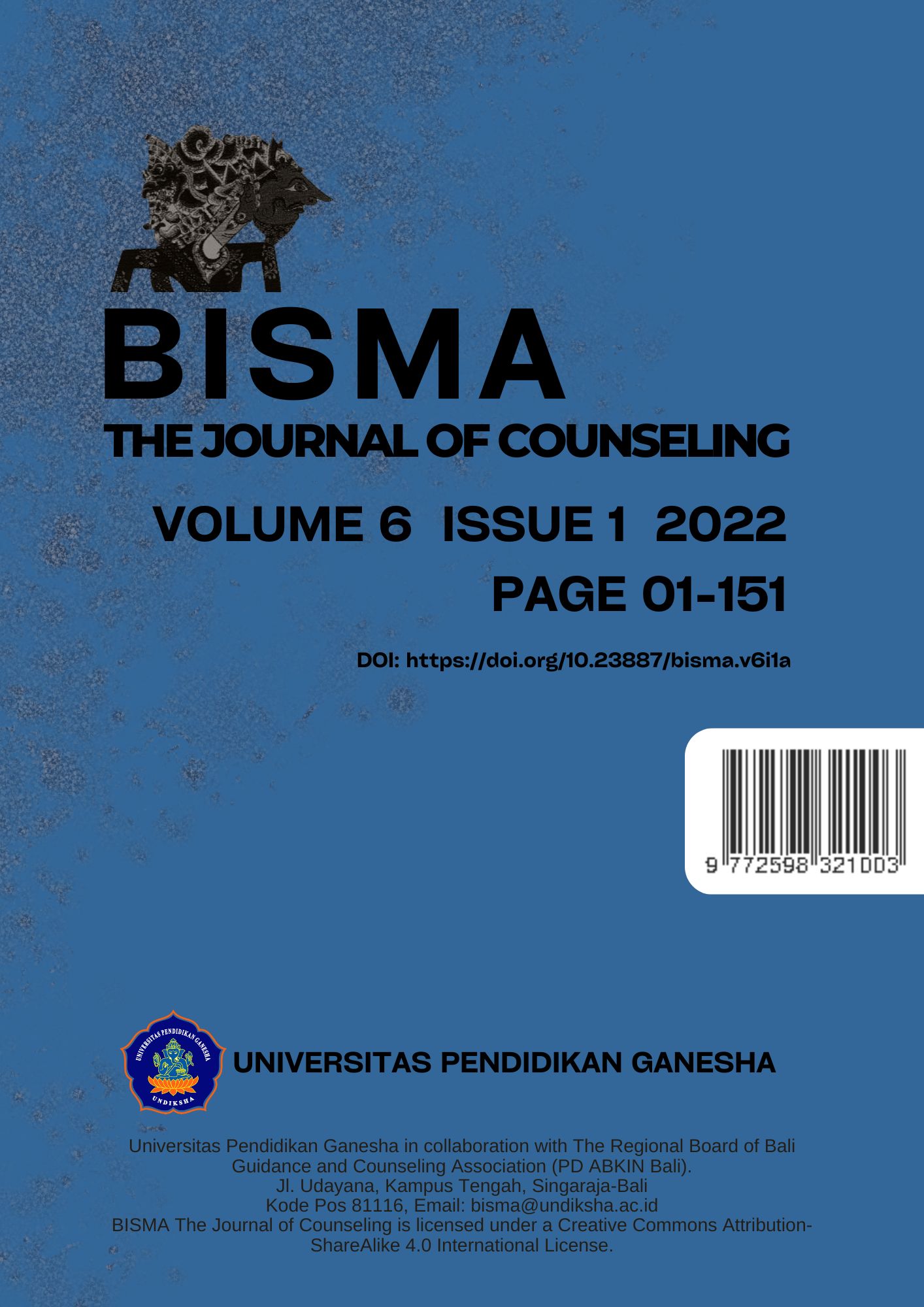Learning Management by Widyaiswara on Supervisor Leadership Training
Keywords:
learning management, leadership, trainingAbstract
This study aims to determine the management of Widyaiswara learning in the IX Leadership Training and Education class in 2021 at the PPSDM of the Ministry of Home Affairs Regional Bandung. The method used in this research is descriptive with a qualitative approach. Data was collected by direct observation, interviews and documentation studies. Testing the validity of the data is done by triangulation of sources, while the data analysis uses the techniques of reduction, display, and drawing conclusions. The results showed that 1) The planning that had been prepared by the widyaiswara was that the widyaiswara's motivation was optimal in collecting GBPP/SAP and teaching materials. 2) The implementation of learning uses an adult approach with lecture, discussion, role play, and brainstorming methods. Communication aids used such as loudspeakers and infocus, the learning process is carried out in the classroom and also outside the classroom (field learning practice). Motivation is done by making a commitment to study, ice breaking, and coffee breaks. 3) Learning evaluation is carried out through the provision of material assignments, discussions, and assessment of field learning outcomes, both in the form of pre-test and post-test.
References
Ciobanu, A., Androniceanu, A., & Lazaroiu, G. (2019). An integrated psycho-sociological perspective on public employees’ motivation and performance. Frontiers in psychology, 10, 36.
Creswell, J. (2012). Educational Research: Planning, Conducting, and Evaluating Quantitative and Qualitative Research Fourth Edition. University Of Nebraska.
Gunawan, R (2017). Studi tentang Kompetensi Widyaiswara dalam Mengelola Pembelajaran di Lembaga Penjaminan Mutu Pendidikan Daerah Istimewa Yogyakarta . (Skripsi). Fakultas Ilmu Pendidikan, Universitas Negeri Yogyakarta.
Gunawan, S., Sasongko, R. N., & Kristiawan, M. (2021). Widyaiswara Competence in Industrial Revolution 4.0 Toward Indonesia Unggul. International Journal of Multicultural and Multireligious Understanding, 8(4), 600-609.
Hamzah. (2017). Kompetensi Widyaiswara dan Kualitas Diklat, Jurnal Ilmu Pendidikan, Keguruan, dan Pembelajaran, 1 (2), hlm. 111-118
Iqbal, N., Khan, M. M., Mohmand, Y. T., & Mujtaba, B. G. (2020). The impact of in-service training and motivation on job performance of technical & vocational education teachers: Role of person-job fit. Public Organization Review, 20(3), 529-548.
Iriawan, H., & Rijal, R.(2018) Performance of the State Civil Apparatus at the Regional Financial and Asset Management Agency in Supiori Regency. Jurnal Ilmiah Ilmu Administrasi dan Manajemen, 15(3), 137-146.
Kamil, M. (2010). Model Pendidikan dan Pelatihan (Konsep dan Aplikasi). Bandung: Alfabeta.
Majid, A. (2011). Perencanaan Pembelajaran Mengembangkan Standar Kompetensi Guru. Bandung: PT Remaja Rosdakarya.
Mulyasa, E. (2003). Kurikulum Berbasis Kompetensi. Konsep, Karakteristik, Implementasi, dan Inovasi. Bandung: PT Remaja Rosdakarya Offset.
Ndayimirije, M. I., & Bigawa, R. N. (2020). Rethinking the Role of Research in Pre-service Training of Teachers of English as a Foreign Language: Case of the University Teacher-Training College in Burundi. In Second Language Acquisition-Pedagogies, Practices and Perspectives. IntechOpen.
Peraturan Kepala Lembaga Administrasi Negara Nomor 15 Tahun 2011 tentang Pedoman Umum Penyelenggaraan Pendidikan dan Pelatihan Fungsional.
Peraturan Kepala Lembaga Administrasi Negara Nomor 5 Tahun 2008 tentang Standar Kompetensi Widyaiswara.
Shofwan, I., Tri, J., Raharjo, A., Rifai, R. C., Fakhruddin, F., Sutarto, J., ... & Umanailo, B. (2019). Non-formal learning strategy based on tahfidz and character in the primary school. International Journal of Scientific & Technology Research, 8(10), 1987-1992.
Sudjana, D. (2010b). Pendidikan Nonformal Wawasan, Sejarah, Perkembangan, Filsafat & Teori Pendukung, serta Asas. Bandung: Falah Production.
Sugiyono, (2010). Metode Penelitian Kuantitatif, Kualitatif, dan R&D. Cetakan ke-10. Bandung:Alfabeta.
Tuomikoski, A. M., Ruotsalainen, H., Mikkonen, K., Miettunen, J., Juvonen, S., Sivonen, P., & Kääriäinen, M. (2020). How mentoring education affects nurse mentors’ competence in mentoring students during clinical practice–A quasi‐experimental study’. Scandinavian Journal of Caring Sciences, 34(1), 230-238.
Turnbull, D., Chugh, R., & Luck, J. (2020). Learning Management Systems, An Overview. Encyclopedia of education and information technologies, 1052-1058.
Urooj, U., Ansari, A., Siraj, A., Khan, S., & Tariq, H. (2020). Expectations, fears and perceptions of doctors during Covid-19 pandemic. Pakistan journal of medical sciences, 36(COVID19-S4), S37.
Winarni, W. (2018) Strategies for Increasing Professionalism Country Civil Aparature through the Development of Competence Widyaiswara in Designing Video Learning in Bkpsdm Sukabumi District
Downloads
Published
Issue
Section
License
Copyright (c) 2022 Tasia Apriani, Asep Saepudin, Iip Saripah

This work is licensed under a Creative Commons Attribution 4.0 International License.








